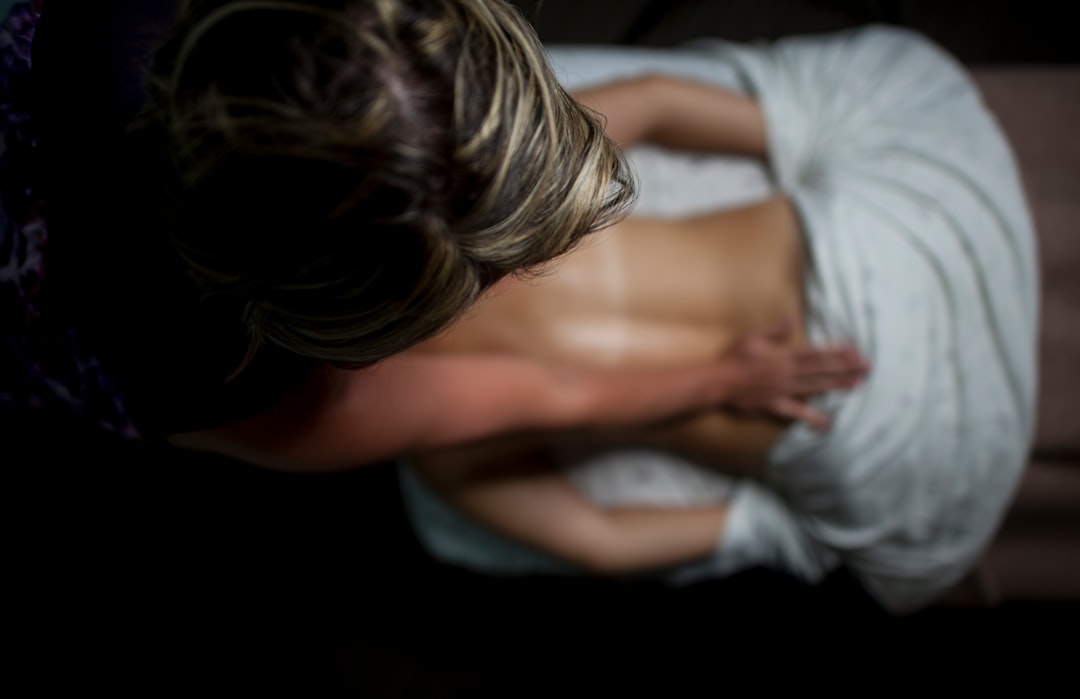Staying Power #117: "Lessons from Rachel's Table"
The good medicine of thanksgiving

“A Lesson from Rachel’s Table”
“You feel a little tighter today than normal,” Rachel says, softly.
Yeah, right, I think. As if I haven’t noticed.
Rachel is my massage therapist. I typically book an appointment with her every month to help maintain my health, but this time I’d slipped to three.
Ouch!
Rachel and I have a standing agreement (well, more like a lying-down deal): She can knead my body as vigorously as she thinks necessary, and I’ll tell her if I need her to ease up—though most likely I won’t.
“I’m a tough old bird,” I told her, at our very first session. “And I trust you. Do whatever you have to do.”
Today, I almost regret having said that.
“It’s easy to love a deer,” wrote the poet Tom Hennen, “But try to care about bugs and scrawny trees . . . the things that slide away in the dark.” Loving them is not so easy.
I doubt that Hennen had massages in mind when he wrote “Love for Other Things.” Yet his lines definitely apply: It’s easy to love a massage. But try to love a massage when it hurts: when Rachel’s hands are pressing into the swelling around your old scars; or when, after your countless hours at the computer, they’re trying to coax the clenched muscles of your shoulders and arms into lengthening; or when they’re causing your neural pathways to burn from the deadened soles of your feet all the way up to your scalp.
To love what’s not so lovable, Hennen reminds us later in his poem, we have to “Be grateful.”
Grateful? Really?
The last time you listed the things that you’re grateful for, how many of them fell into the category of “Things That Slide Away In The Dark”? Of “Things Causing Me Pain, Discomfort, Anxiety, and Fear”?
If you’re anything like me, the answer is a big fat zero.
Let’s try an experiment together, shall we? Let’s begin by jotting down “Things Causing Me Pain, Discomfort, Anxiety, and Fear.”
Here’s just the start of my list, in random order:
This massage
Neuropathy in my feet
Living across the country from my elderly mother
Today’s weather (chill factor of -10°F, howling wind, driving snow)
Getting a huge project done before Nathan arrives home for Thanksgiving
My best friend’s devastating bout with depression
The failing health of my uncle . . .
Got your list made? Good.
Now, let’s sit back and reflect on our respective lists within the context of gratitude.
I’m not suggesting that we must be grateful for having these troubles. But I believe that acknowledging these afflictions can intensify our gratitude for the wondrous gift of being alive. As the brilliant neurologist Oliver Sacks once said:
“I cannot pretend I am without fear. But my predominant feeling is one of gratitude. I have loved and been loved; I have been given much and I have given something in return; I have read and traveled and thought and written . . . Above all, I have been a sentient being, a thinking animal, on this beautiful planet, and that in itself has been an enormous privilege and adventure.”
Rachel is well-trained. She’s guided by fabulous intuition. She possesses strong yet sensitive hands . . . In short, she has all the skills I could ever want in a massage therapist. But to take full advantage of her gifts, I must be a helpful partner. I must make consistent effort to remain open to whatever I might experience during our hour together . . . including the possibility of pain. If I resist Rachel, if I begin to shut down, her work becomes all the more difficult, and its outcome, less desirable.
How can I stay open on this table? First, I must set my intention to accept whatever transpires. I return to this intention whenever I sense myself “fighting” the massage, which aims to free me from constraint.
Next, I must consciously and continuously relax my muscles instead of contracting or hardening them.
Finally, I must attune my heart-mind to the present moment. Sometimes I do this by paying attention to my breath—by keeping the breeze moving through the tree-limbs and leaves of my body. Other times, I follow the flow of Rachel’s hands as they rub me down.
Set my intention. Relax my body. Attune my heart-mind.
I feel a strange thing happening as I do this: Gratitude naturally arises. Gratitude for Rachel. Gratitude for my body. Gratitude for my life.
Pain comes and goes. This is the price of being in this world. “The frost,” as Hennen puts it, “will crack our bones eventually.”
But this is the lesson I’m learning on Rachel’s table: The more I let myself feel “the frost” of what hurts—instead of denying it or pushing it away—the more gratitude I have. It emerges, all on its own, to meet the pain, and to ease it.
This is the good medicine of thanksgiving. And what I’m learning and practicing here on Rachel’s table, I can also learn and practice everywhere else.
Oooh, yeah, keep doing that . . .
The Gentle Nudge
Join other Rafters this week for . . .
Creatives’ Coffee (Zoom, Wednesday, 4:00-5:30PM Central, at this link)
NO Poetry Pick-Me-Up on Thursday due to the Thanksgiving holiday






Funnily enough I had read this right before coming here this morning:
“We should not be afraid of suffering. We should be able to hold our suffering and look deeply into it, hold it tenderly, and learn from it.” ~ Thich Nhat Hanh
While I do not enjoy suffering, I do learn & grow, eventually, lol, during my struggles & for that I am grateful 🙏
Massage is so much more than physical! Thank you for this reminder.